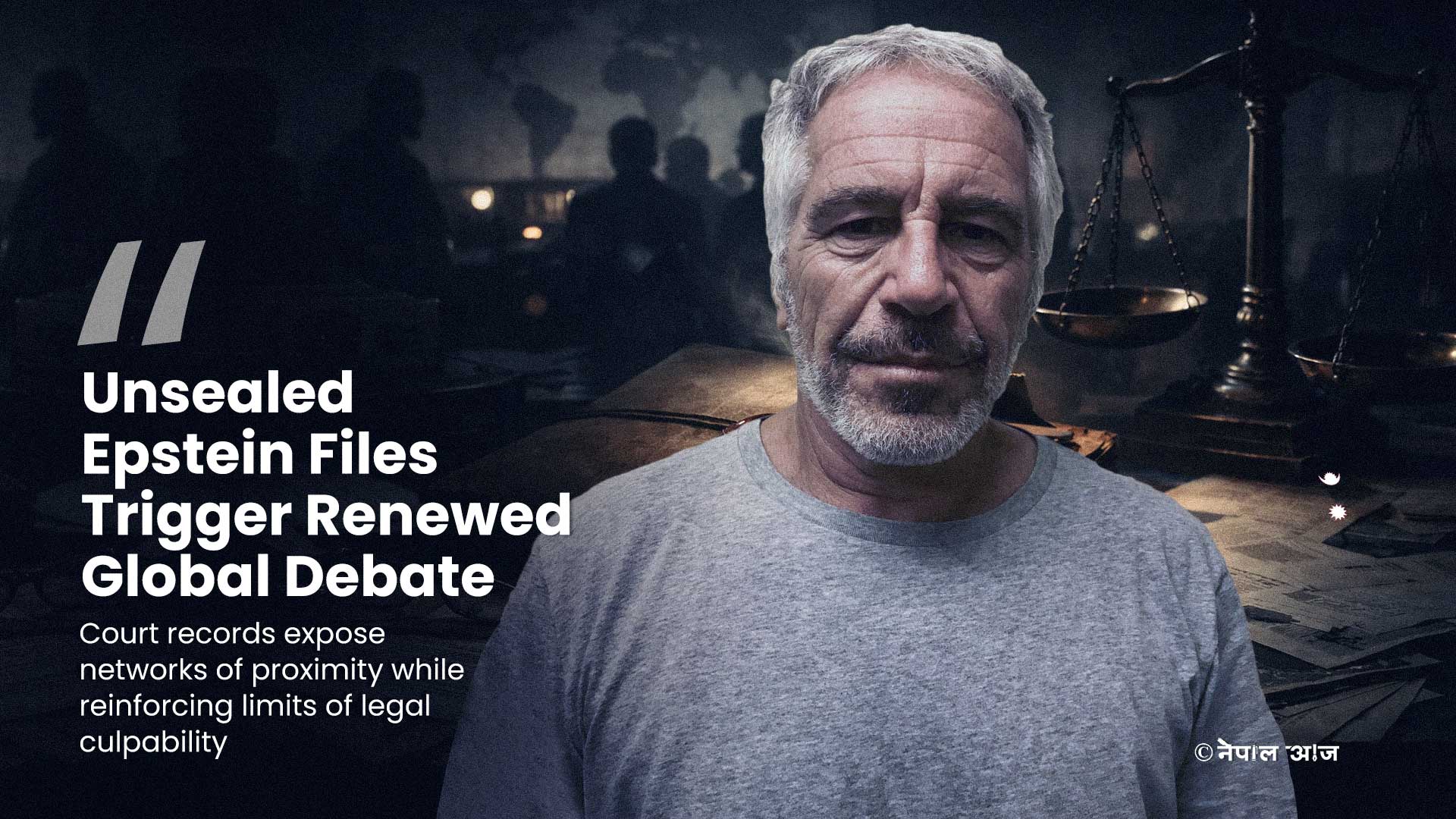Infiltrating the island: Former Beijing businessman exposes CCP’s deep espionage and influence web in Taiwan
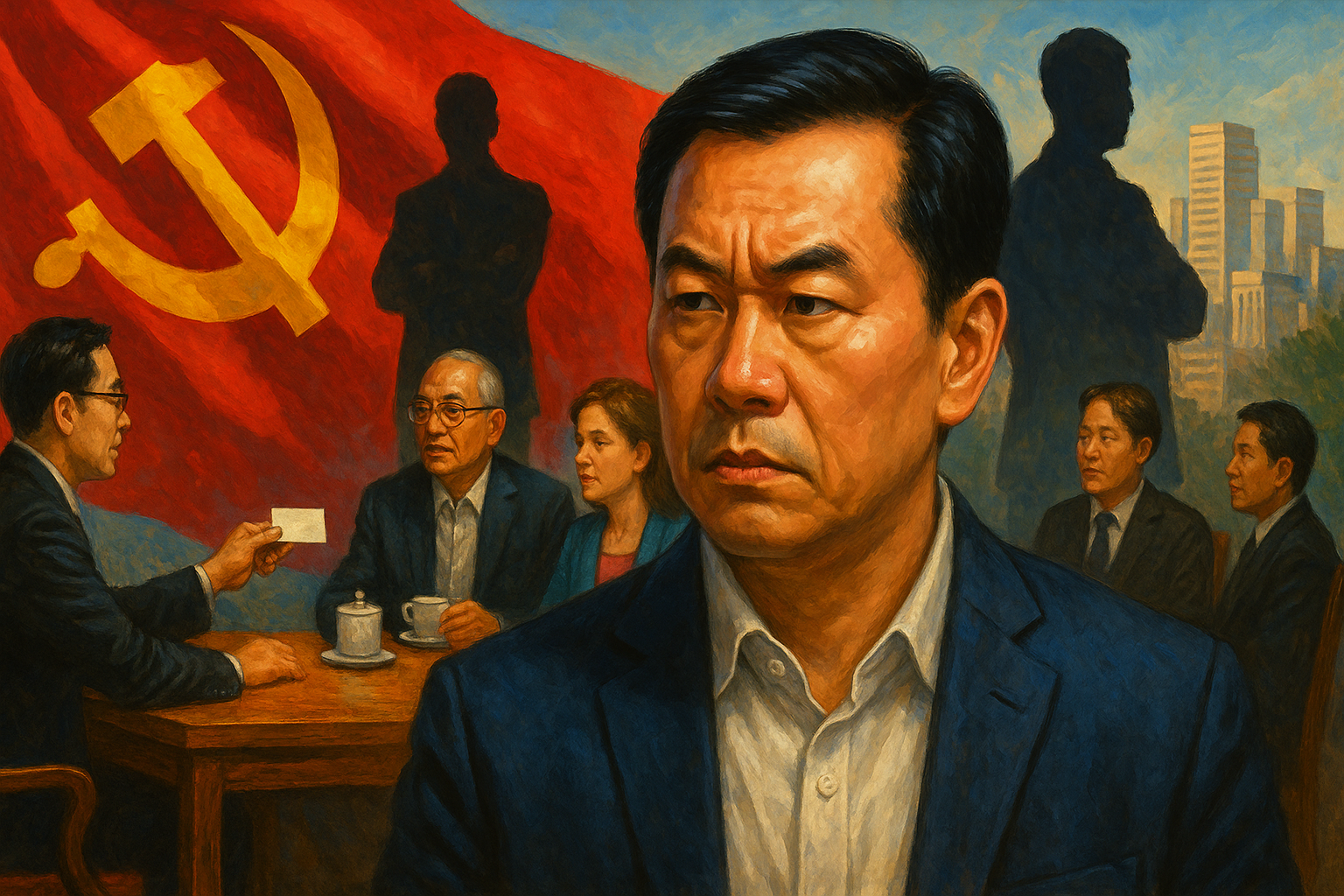
Two decades ago, Cheng Kaili thought he was simply running a medical supplies business in Beijing.
Like many Taiwanese entrepreneurs who ventured into China in the early 2000s, he believed economic opportunity would bridge the political gulf between the two sides.
But what began as business soon turned into an encounter with the darker machinery of Chinese state power—one that would reveal the scale and precision of Beijing’s infiltration efforts against Taiwan.
Cheng’s story, as told to The Epoch Times, exposes not just a moment of personal betrayal but a window into the Chinese Communist Party’s (CCP’s) methodical strategy to penetrate every layer of Taiwanese society—through espionage, manipulation, and the corruption of influence.
Today, as secretary-general of Taiwan’s Revive-ROC Freedom Party, Cheng speaks openly about how the CCP’s “united front” strategy has blurred the lines between diplomacy, business, and espionage.
His account underscores a growing truth long acknowledged by intelligence analysts: that the CCP’s battle for Taiwan is being waged not only with missiles and warplanes but also with money, flattery, and fear.
The agent in disguise
It began innocuously enough. One Saturday afternoon in Beijing, Cheng received a visit from a contact he had known for months—a friendly acquaintance from Tianjin’s foreign trade office.
During the meeting, the man pulled out a second business card. This one bore the insignia of China’s Ministry of State Security.
“He said he’d been observing me for six months and thought I was honest enough to help,” Cheng recalled.
The man’s proposal was seemingly harmless: bring newspapers and magazines back to Taiwan. But Cheng sensed a trap. It was the first step in recruitment, the testing of loyalty that often precedes deeper involvement in espionage. Cheng declined—and soon realised just how calculated such approaches were.
He later recalled a separate incident years earlier, when a senior pro-China politician in Taiwan had asked him to drive to a remote coastal site.
The politician took photographs of the shoreline—at the time, Cheng thought little of it. Only later did he recognise the location as a potential invasion landing point for the People’s Liberation Army.
These episodes, he said, revealed a long-standing pattern: the grooming of Taiwanese political and business figures for intelligence purposes.
Inside the system
During his years in Beijing, Cheng’s business dealings gave him a rare glimpse into the murky intersection of state power, corruption, and control.
The healthcare sector, he discovered, was a microcosm of the CCP’s political culture—a system where survival depended on bribery and loyalty to the Party.
“Winning any hospital contract required greasing palms all the way up the chain,” Cheng said. He recounted one instance in which a procurement deal went through only after he bought a luxury car for a hospital director.
But beneath the corruption lay something more disturbing. Cheng described how advanced medical technology, including extracorporeal membrane oxygenation (ECMO) machines, was misused to falsify death statistics in China’s mining regions.
Miners fatally injured in accidents, he was told, were kept artificially “alive” on ECMO machines so that hospitals could report fewer deaths and meet state-mandated quotas.
The manipulation of mortality data, Cheng said, exposed the deep rot of a system more concerned with political optics than human life.
More chilling still was what he discovered about China’s organ transplant industry.
In one Beijing hospital catering to Korean patients, he saw advertisements promising organ transplants within a week—an impossibility under normal medical circumstances.
When he refused an invitation to act as a Taiwan-based broker, hospital staff told him the organs came from executed prisoners.
“In Taiwan, you wait years. How could they do it in a week?” he said.
The speed, the secrecy, and the scale pointed to what international tribunals and investigators would later conclude: the Chinese regime’s involvement in forced organ harvesting, including from prisoners of conscience such as Falun Gong practitioners.
Espionage through seduction
Cheng’s experiences in China taught him that espionage in the CCP’s system was not confined to spycraft or intelligence gathering—it was a social operation built on temptation, compromise, and control.
He described how Taiwanese elites visiting Beijing were seduced by luxury and attention. “Outside the city, villas were used to host them,” Cheng said. “There were banquets, celebrities, and cameras.”
The extravagance came with a hidden price. Guests, he said, were often recorded in compromising situations—videos that later served as leverage to secure political loyalty or silence.
At the grassroots level, the same tactics were adapted for different audiences. Religious leaders in central Taiwan were reportedly offered annual payments from pro-Beijing organisations in exchange for token support.
Veterans’ groups were treated to subsidised tours of China, complete with lavish meals and subtle recruitment pitches. Those who resisted were marginalised, their loyalty to Taiwan reframed as obstinacy or disloyalty to “Chinese kinship.”
One Taiwanese colonel who opposed these overtures was ostracised by his peers, Cheng recalled. “They found aligning with Beijing more profitable.”
A silent shift
Cheng’s warnings extend beyond individual cases. He believes the CCP’s infiltration has seeped deeply into Taiwan’s cultural consciousness—so gradually that many no longer recognise it as manipulation.
He points to younger generations, raised on Chinese entertainment and social media, who view China through the lens of glamour and modernisation rather than repression and control.
“They see skyscrapers, not prisons. High-speed trains, not handcuffs,” Cheng said.
This soft-power influence, he added, has political consequences. Following a string of failed recall elections against pro-Beijing lawmakers earlier this year, Cheng noticed a troubling shift in attitude among acquaintances. Some began to say openly that “Chinese rule wouldn’t be much worse” than the status quo.
To Cheng, such sentiments are the product of years of psychological warfare—the quiet normalisation of the CCP’s image in Taiwanese minds. “The Party only lets you see what it wants you to see,” he said.
The anatomy of co-option
The CCP’s infiltration strategy, as Cheng experienced firsthand, is both patient and predatory.
It begins with observation, followed by flattery, inducement, and finally, control. Those who cannot be persuaded are isolated; those who yield are rewarded until their usefulness expires.
“They watch someone for months, find their weaknesses, and then recruit them with money, sex, or blackmail,” Cheng said.
This process, he believes, has compromised figures across Taiwan’s political spectrum—not only within pro-China circles. Some are open about their allegiance; others remain silent, waiting for the moment when Beijing calls in its debts.
From businessmen courted with trade deals to local officials flattered with photo ops, the web of influence extends far beyond what most Taiwanese citizens see. It is espionage disguised as diplomacy, infiltration masked as cultural exchange.
The unseen war
Cheng’s story ultimately reveals the contours of an invisible conflict—a battle for control waged through persuasion, corruption, and deceit.
The CCP’s goal is not simply to invade Taiwan militarily, but to dissolve its resistance from within, one compromised figure at a time.
His memories from Beijing serve as fragments of a larger truth: that the Party’s power depends on eroding integrity and weaponising human weakness. Every bribe, every flattery, every secret recording is a brick in the quiet construction of submission.
Beneath the surface of cross-strait “exchange” lies a campaign of infiltration so vast it blurs the line between peace and conquest. Taiwan, in Cheng’s account, stands not at the edge of invasion but already deep within the terrain of psychological occupation.
In his words, “The day the CCP subdues us without fighting may arrive even sooner than a military invasion.”

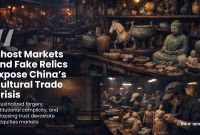
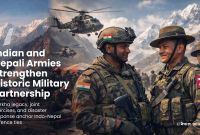
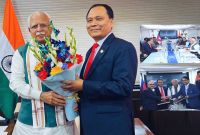
![From Kathmandu to the World: How Excel Students Are Winning Big [Admission Open]](https://nepalaaja.com/img/70194/medium/excel-college-info-eng-nep-2342.jpg)


